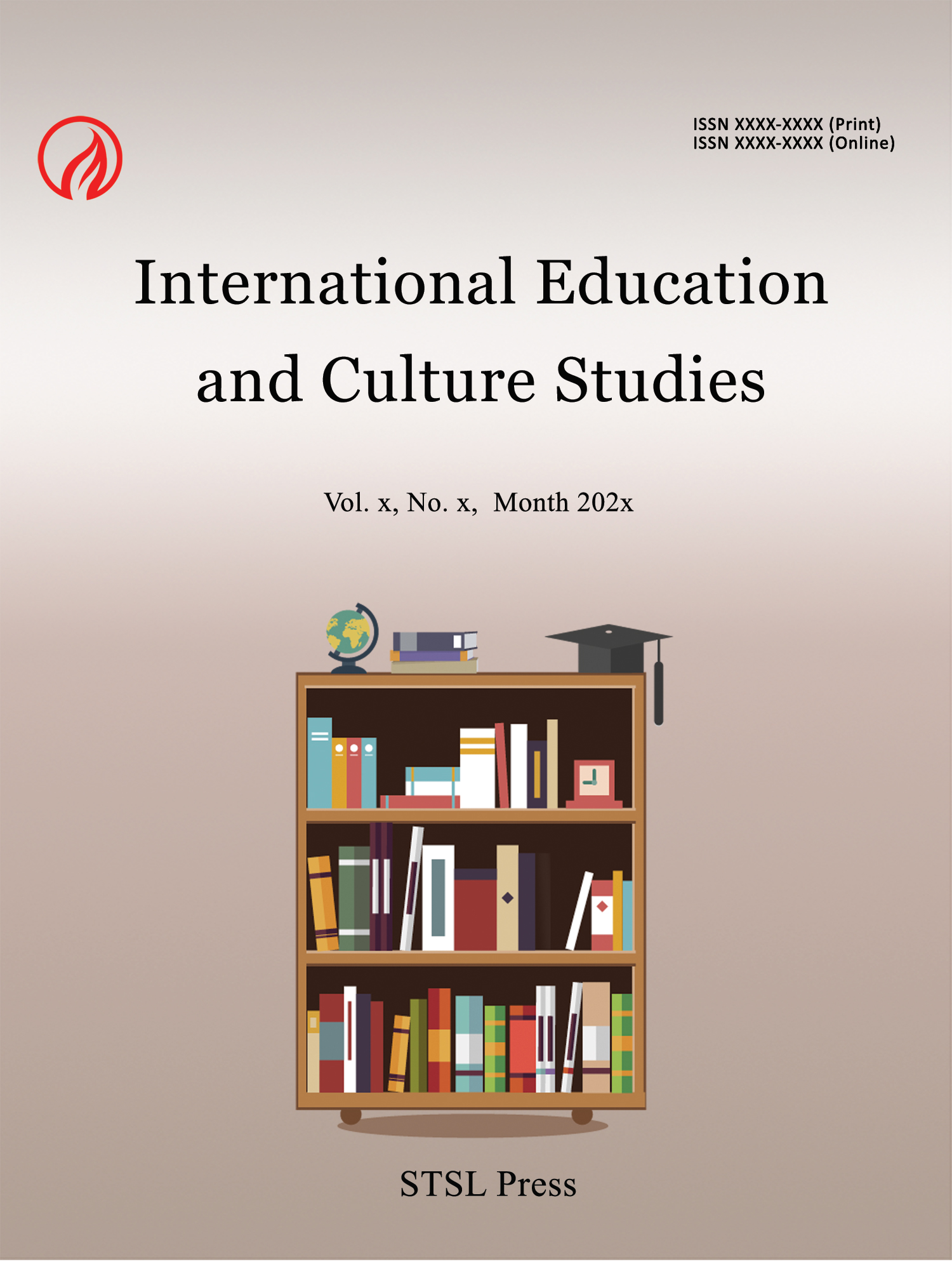Pre-service Teachers’ Reasoning and Sense Making of Variables
Olteanu Constanta
Abstract
Researchers note that algebraic reasoning and sense making is essential for building conceptual knowledge in school mathematics. Consequently, pre-service teachers’ own reasoning and sense making are useful in fostering and developing students’ algebraic reasoning and sense making. This article explores the forms of reasoning and sense making that pre-service mathematics teachers exhibit and use in the process of analysing problem- posing tasks with a focus on first-degree equations. The research question concerns the characteristics of the problem-posing tasks used for reasoning and sense making of first- degree equations as well as the characteristics of pre-service teachers’ reasoning and sense making in problem-posing tasks. The analyses are grounded in a post-structuralist philosophical perspective and variation theory. Sixty-six pre-service primary teachers participated in the study. The results show that the characteristics of reasoning in problem- posing tasks and of pre-service teachers are selecting, exploring, reconfiguring, encoding, abstracting and connecting. The characteristics of sense making in problem-posing tasks and of pre-service teachers are recognition, relationships, profiling, comparing, laddering and verifying. Beside this, the connection between reasoning and sense making is rich in line of flight in problem-posing tasks, while the connection is rich in line of rupture for pre-service teachers.
Paper:
pdf
DOI:
https://doi.org/10.71002/iecs.v2n4p6
 This work is licensed under a
Creative Commons Attribution 4.0 License.
This work is licensed under a
Creative Commons Attribution 4.0 License.
Contact us
- Jerry Lee
- iecs@stslpress.org
